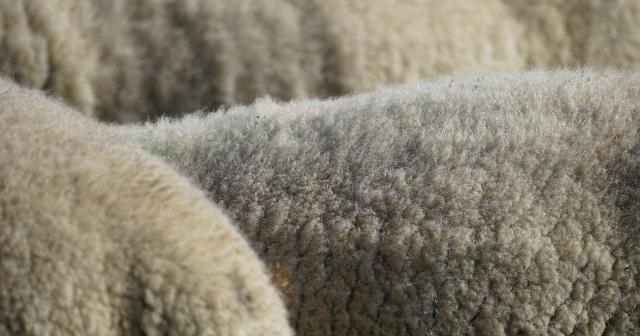Wool has been classified as an ‘environmental good’ under the Agreement on Climate Change, Trade and Sustainability (ACCTS), an innovative agreement that will help eliminate tariffs in several countries. This recognition is a win for NZ sheep farmers and part of a positive trend in global agreements.

The ACCTS covers trade deals between New Zealand and Costa Rica, Iceland and Switzerland, and is open for other countries to join. It will remove tariffs on many products that benefit sustainability and the environment, including wool.
B+LNZ’s International Trade Senior Manager, Frances Duignan, says B+LNZ supported New Zealand Government officials throughout negotiations, which started in 2019, and appreciates the effort of trade negotiators to secure this win.
“We advocated strongly for wool to be classified as an ‘environmental good’. It follows similar recognition in the recent UK FTA.
“While New Zealand doesn’t face any tariffs when exporting wool to the ACCTS countries, this classification does create a useful precedent when engaging with countries where we do face tariffs, such as India, the US and the Gulf Cooperation Council.
“We hope this classification will improve wider recognition of wool as a sustainable product. While B+LNZ’s levy-funded activity does not directly include wool, the market outlook for wool is important to sheep farmers so we welcome positive changes.”
Other aspects of the ACCTS that may be of interest to farmers:
- A framework that will help efforts to eliminate fossil fuel subsidies. The removal of such subsidies will help put New Zealand farmers on an equal footing with our competitors who currently benefit from subsidised fossil fuels.
- Principles-based guidelines for voluntary eco-labelling programmes. These guidelines are a useful tool to ensure ecolabels provide meaningful information to consumers but don’t become inadvertent barriers to trade. Looking to the future, as global markets seek to ensure product sustainability claims are credible, this is shaping up to be a key issue for New Zealand’s sheep and beef exports.
The ACCTS initiative complements other work under way internationally including in the WTO, APEC, the United Nations Framework Convention on Climate Change (UNFCCC) and the OECD.